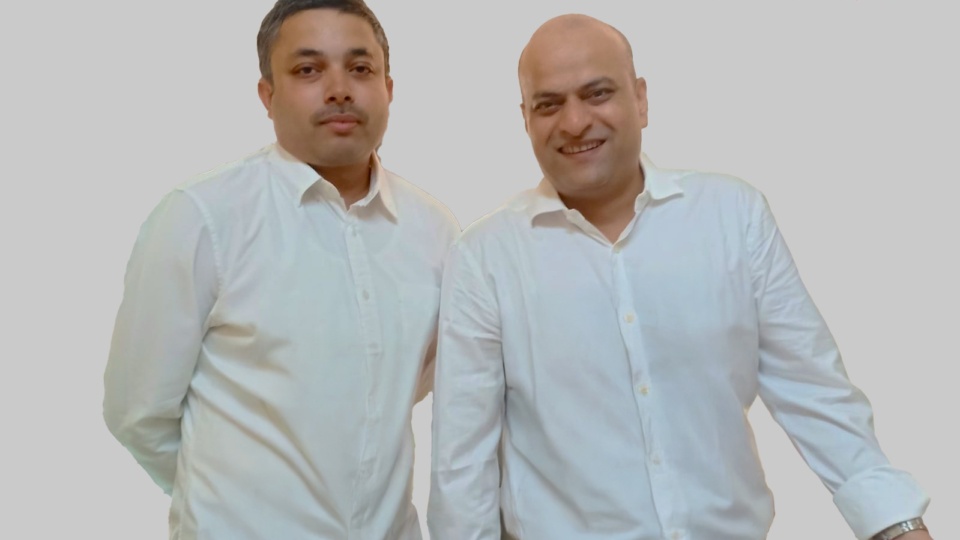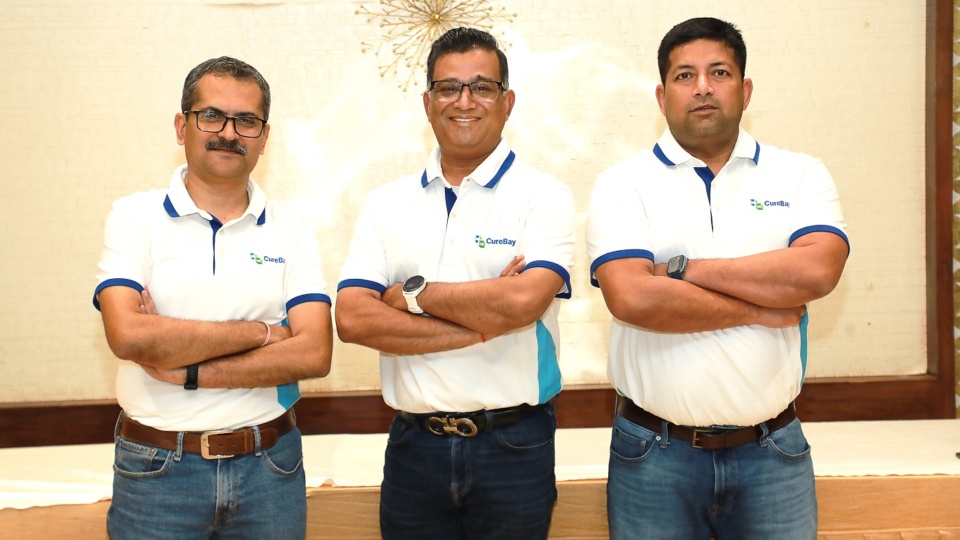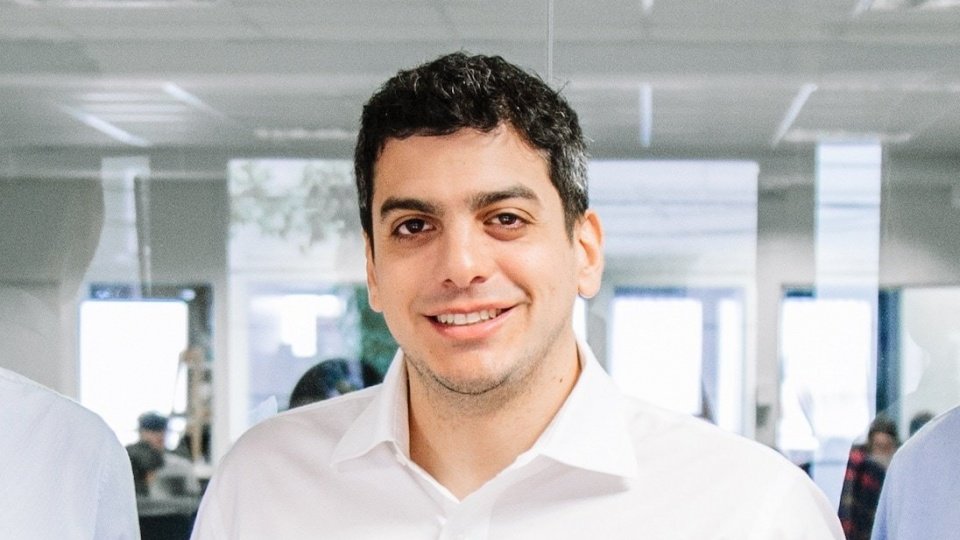

India faces a significant insurance protection gap, leaving hundreds of millions of Entrepreneurial Households and informal workers vulnerable. For these families, a single health emergency or accident can erase years of progress. The primary barriers have always been a lack of trust, complex products, and the high cost of distribution to reach them.
Coverfox is tackling this challenge with a tech-led, B2B2C platform. After a strategic transformation led by CEO Sanjib Jha, the company pivoted to a powerful distribution-as-a-service model. Instead of acquiring customers directly, Coverfox partners with trusted financial institutions like Microfinance Institutions (MFIs) that already have deep, last-mile reach.
Through its proprietary technology, Coverfox seamlessly embeds customized, affordable, and simple insurance products into the services these institutions already offer. This “phygital” model builds on existing trust to deliver protection at a fraction of the traditional cost. By co-creating relevant products with insurers – like policies covering snake bites, a real-world risk for its customers – Coverfox is building a new ecosystem for financial protection.
They are on a path to provide a financial safety net to millions of lives, fostering resilience and enabling Entrepreneurial Households to thrive.

Curebay, a phygital healthcare platform that aims to transform the patient experience in remote locations of India by providing affordable and high-quality primary healthcare through a hybrid model – a network of physical eClinics, powered by a robust technology platform. CureBay has built a powerful suite of services that have hitherto been beyond the reach of most rural Indians.
Access to quality primary healthcare in close proximity and at affordable prices is a pronounced pain point for most of rural India. This customer spends a significant portion of total household income on healthcare. Costs can skyrocket during a crisis and there is no safety net as insurance penetration is less than 1% in rural India. The customer is averse to traveling for treatment in urban areas owing to the resultant loss of income, and often postpones doctor visits for as long as possible. Delays in diagnosis and subsequent treatment worsen health outcomes and make treatments even more expensive.
CureBay’s healthcare fulfillment model brings holistic patient care and convenience to rural patients’ doorsteps by enabling doctor consultation, and facilitating medicine purchase and pathology tests in the eClinic. Patients also have access to a network of certified partner labs as well as hospitals.

Nuvemshop allows micro, small and medium enterprises (MSMEs) in Latin America to access new sale channels by enabling the setup, management, and promotion of their online business easily and from any device, thus increasing their productivity and sales.
MSMEs in Argentina and Brazil account for >99% of enterprises and >64% of employment, and are concentrated in the commerce and services sectors.